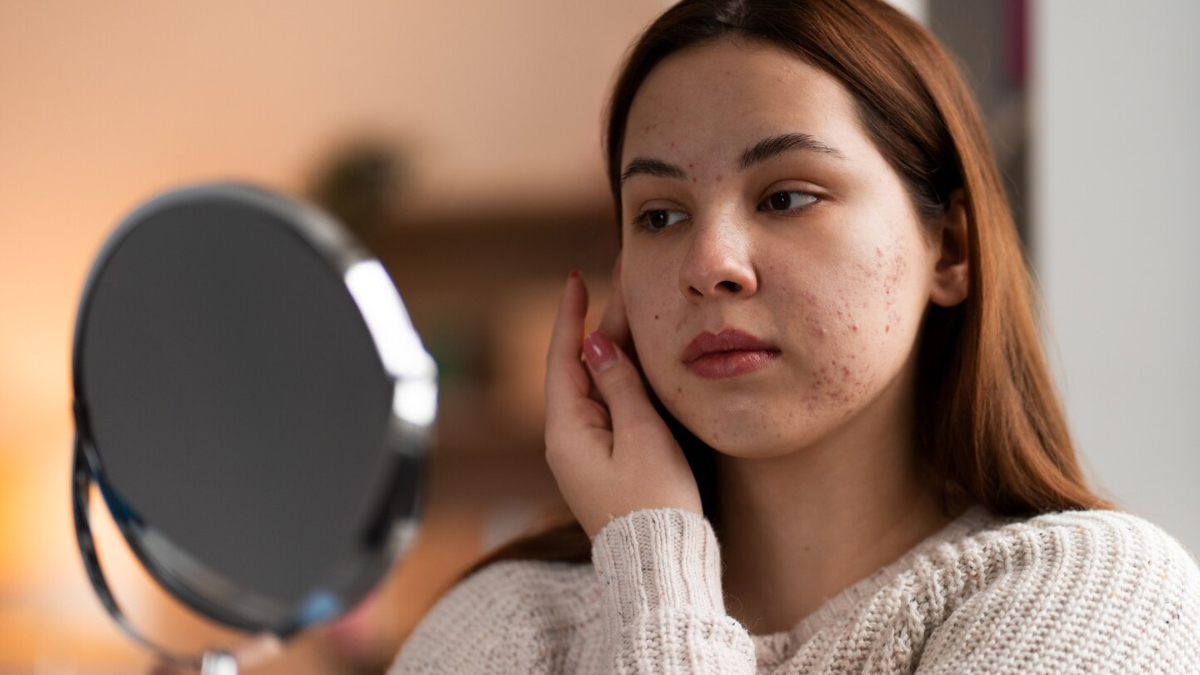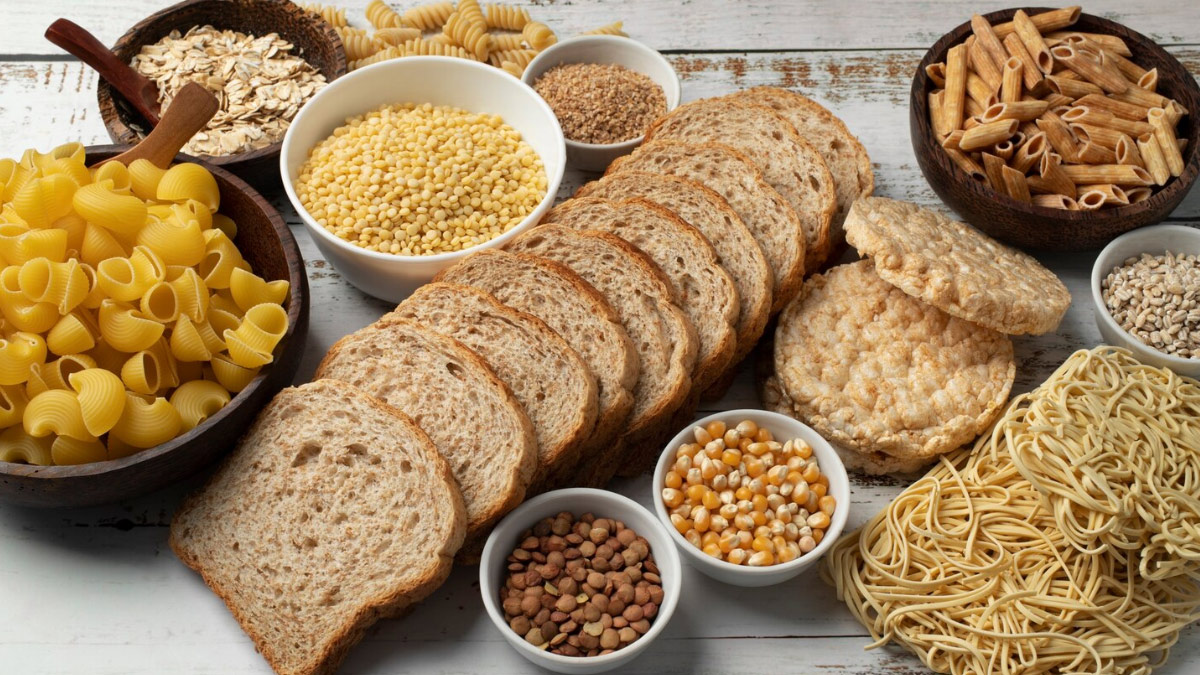
We often stress about skincare regimens, shampoos, and serums to maintain healthy, glowing skin and shiny hair. But what if your gut might be trying to talk to you through your skin and hair? From unexplained breakouts to dull skin and excessive hair fall, poor gut health can show up in ways we don’t immediately link to digestion. But your gut and your outer beauty are more connected than you might think.
Table of Content:-
The Gut-Skin-Hair Connection: What’s Going On Inside?

"Your skin and hair are often the first to reflect when something’s not right in your gut. It's as if your body's waving a red flag," says Dr Archana Batra, Dietitian and Certified Diabetes Educator.
The gut contains trillions of microbes, which together form the gut microbiome. If this ecosystem remains in balance, it will reinforce inflammation regulation, help with nutrient absorption, and keep your immune system in check. But if it's imbalanced (a condition known as dysbiosis), it will induce internal stress, inflammation, and lack of nutrients — all of which start to manifest on your hair and skin.
Also Read: #GoldenSecret: Benefits Of Turmeric For Better Skin And Hair Health
Signs of Poor Gut Health on Your Skin and Hair
1. Acne and Breakouts

Recurring breakouts on your jawline and cheeks could be related to gut inflammation and hormonal imbalance due to an imbalanced microbiome. Poor digestion can also influence how your body processes toxins, which could lead to clogged pores and acne.
2. Dull, Dehydrated Skin
If your skin looks tired, flaky, or lacks its usual glow despite drinking enough water or using moisturiser, your gut might be struggling to absorb nutrients like omega-3s, vitamins A, E, and zinc — all essential for healthy skin.
3. Eczema, Rosacea, or Psoriasis Flare-ups
Inflammatory skin conditions, like eczema and rosacea, often have inflammation in the gut or leaky gut, where the lining of the gut becomes permeable and toxic substances leak into the body, triggering immune responses.
4. Hair Thinning or Excessive Hair Fall

Your locks require a constant flow of nutrients in order to grow strong and healthy. When gut health falters, nutrient uptake falls, particularly for iron, biotin, B12, and protein — all essential for hair growth. The consequence? Thinning locks, fragile strands, or even hair fall in patches.
5. Dark Circles and Puffiness
Yes, all that under-eye puffiness and shadows can not only be a result of not getting enough sleep, but poor digestion and toxin overload will also be contributing factors.
Also Read: Mustard Seeds: A Simple Kitchen Staple with Incredible Skin and Hair Benefits
What Causes Gut Imbalance in the First Place?
- Overuse of antibiotics
- A diet high in sugar, processed foods, and unhealthy fats
- Chronic stress
- Lack of sleep
- Excessive alcohol or caffeine
- Food intolerances (like gluten or dairy in some people)
When these disruptors play around with your gut flora, skin, and hair, you usually pay the price.
How to Improve Gut Health

1. Eat More Fibre-Rich Whole Foods
Fruits, vegetables, whole cereals, pulses, and nuts supply nutrients to gut-friendly bacteria. Try to consume 30 various plant foods per week to enhance microbial diversity.
2. Include Fermented Foods
You can even add gut-friendly fermented foods like curd, buttermilk, kimchi, sauerkraut, idlis, dosa, and kefir to your food list. These have probiotics, which replenish beneficial gut bacteria.
3. Stay Hydrated
Did you know water keeps your intestines' mucosal lining intact and assists in digestion? Drink 2–3 litres daily, based on your activity and climate.
4. Limit Sugar and Processed Foods
These feed harmful gut bacteria and yeast. Try to cut back on packaged snacks, fried items, and sugary drinks.
5. Manage Stress
Stress slows down digestion, decreases blood flow to the gut, and causes inflammation. Deep breathing, yoga, regular physical activity, and journaling make a huge difference.
6. Get Enough Sleep
Shoot for 7–8 hours of good sleep. Poor sleep disrupts gut bacteria and boosts cortisol, which impacts both skin and hair health.
7. Consider a Probiotic Supplement
If you’ve recently taken antibiotics or if your symptoms persist, speak to a healthcare provider about a probiotic supplement to help restore balance.
[Disclaimer: This article contains information for informational purposes only. Hence, we advise you to consult your professional if you are dealing with any health issue to avoid complications.]
Also watch this video
FAQ
Can gut health affect skin and hair?
Yes, your gut microbiome can affect your skin and hair health too. Poor gut health can trigger severe skin diseases.What are the physical signs of bad gut health?
If you experience heartburn, abdominal pain, bloating, flatulence, excessive burping, constipation and growling stomach, it may indicate poor gut health.
How we keep this article up to date:
We work with experts and keep a close eye on the latest in health and wellness. Whenever there is a new research or helpful information, we update our articles with accurate and useful advice.
Current Version
Nov 07, 2025 14:41 IST
Published By : Chanchal Sengar